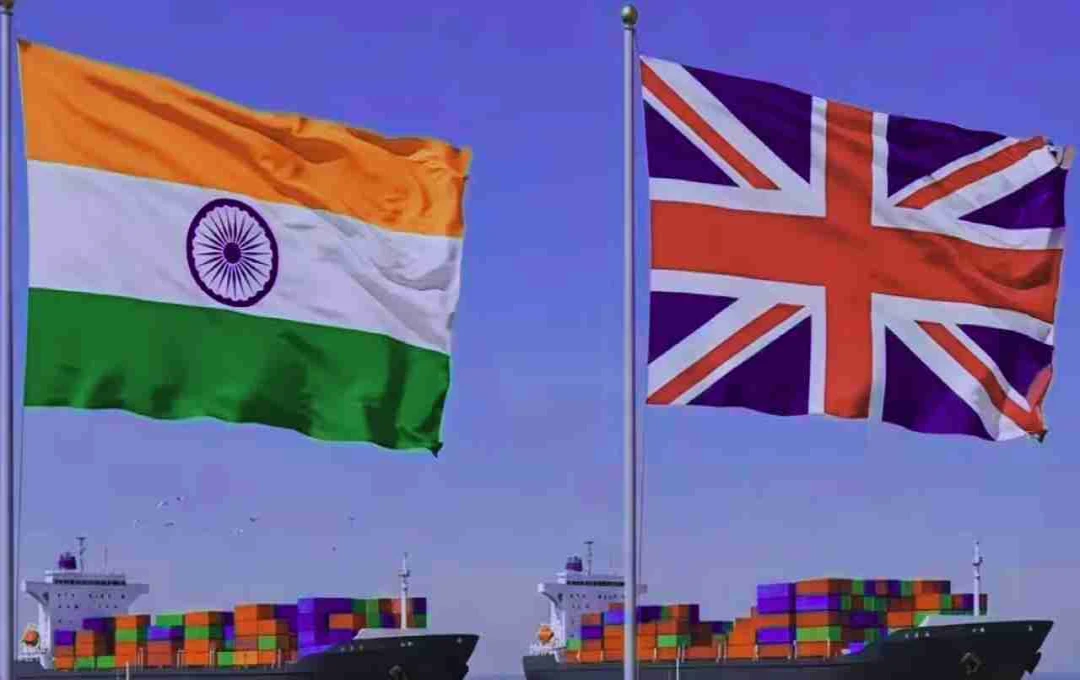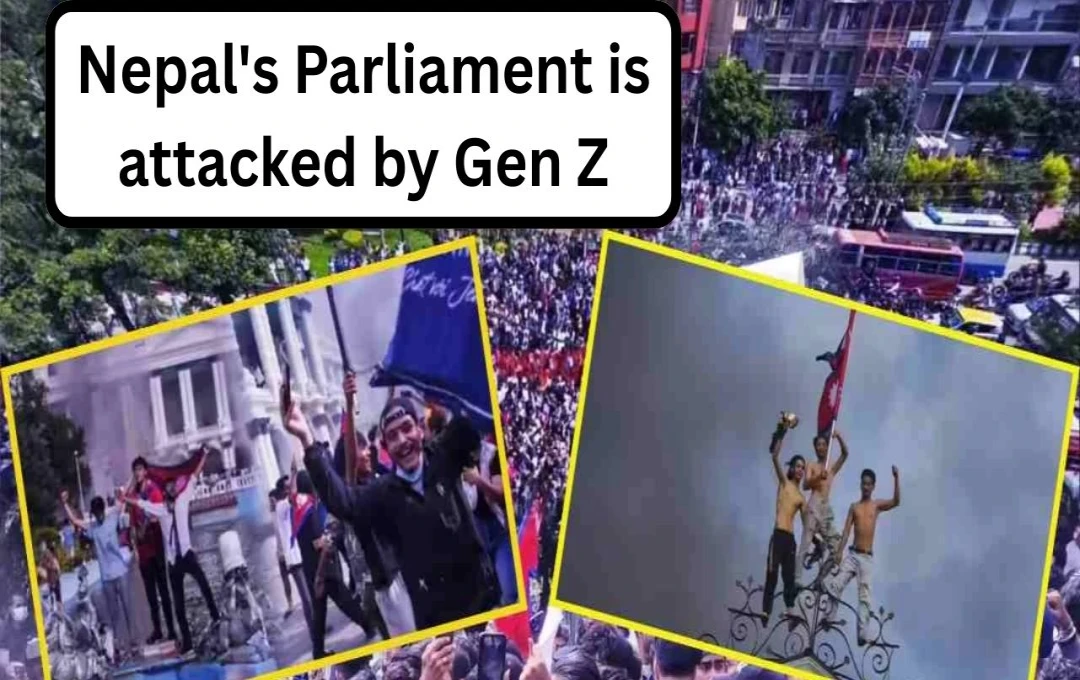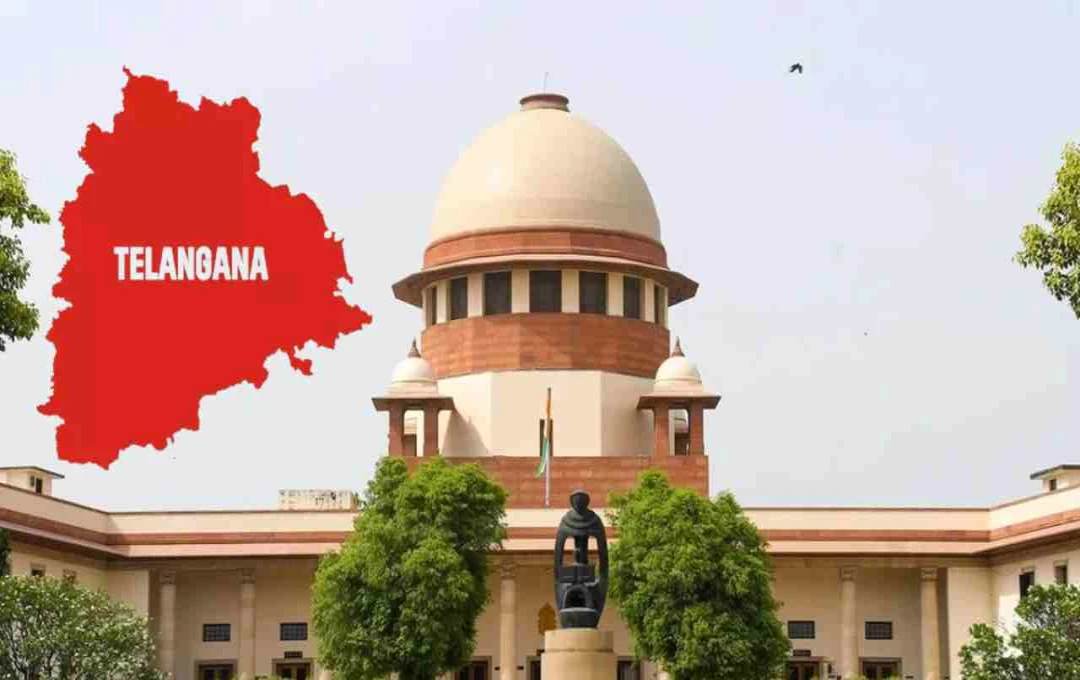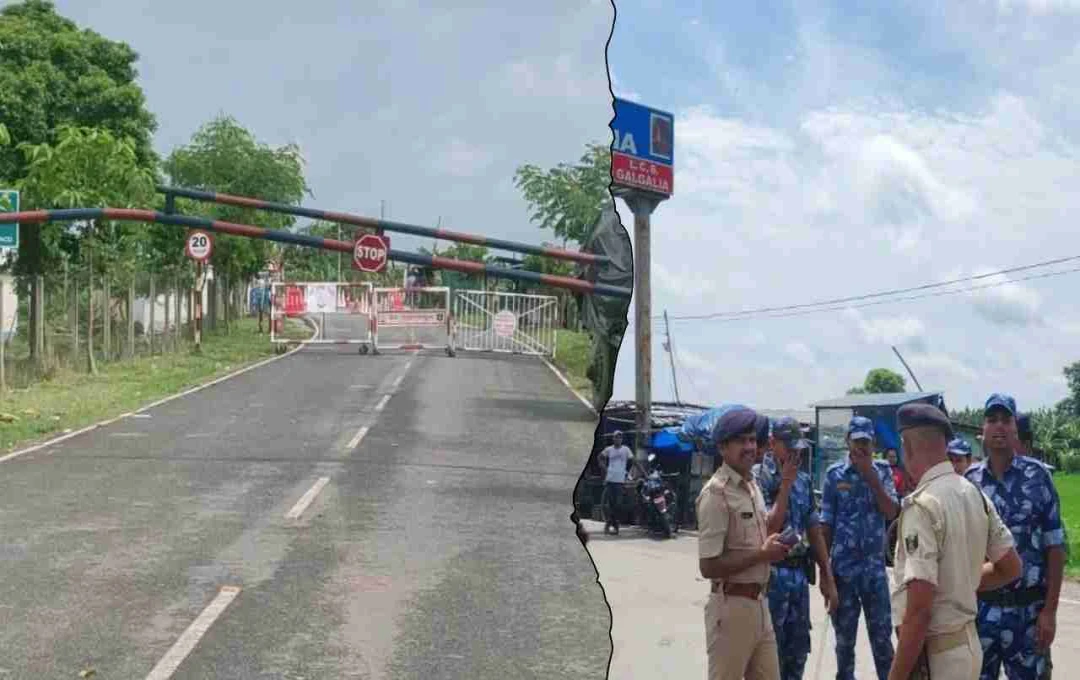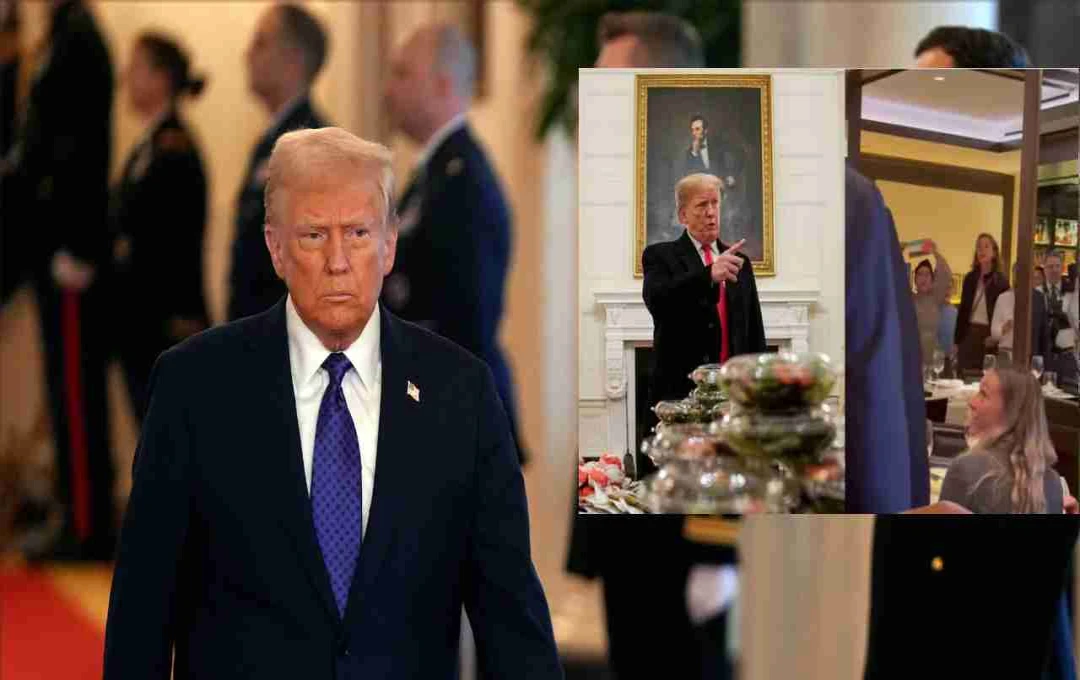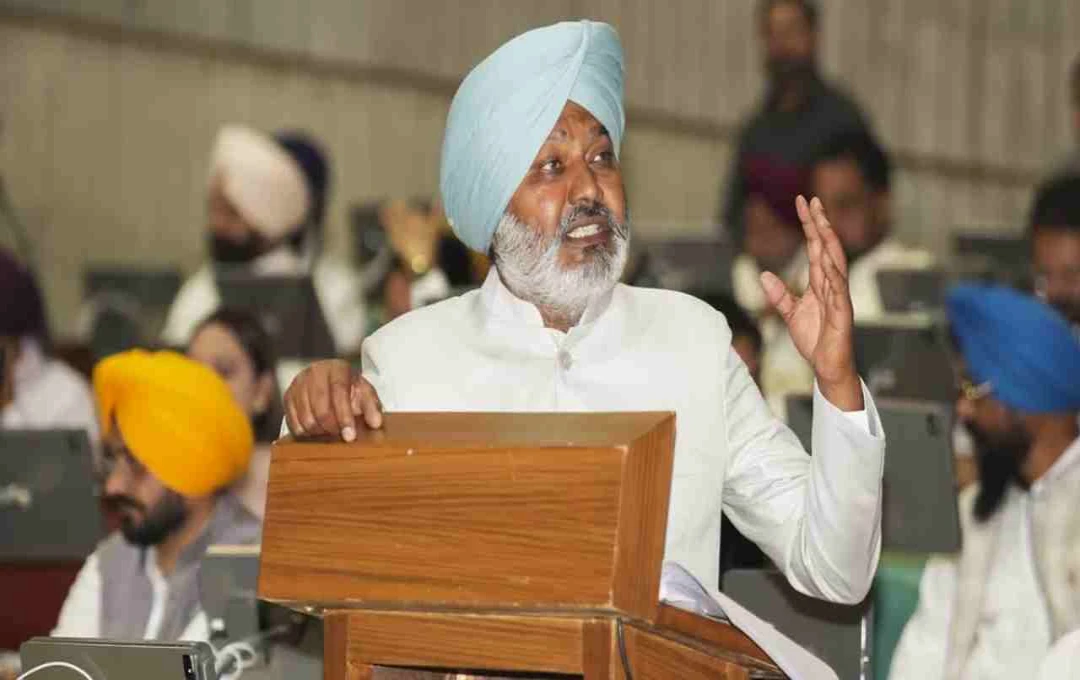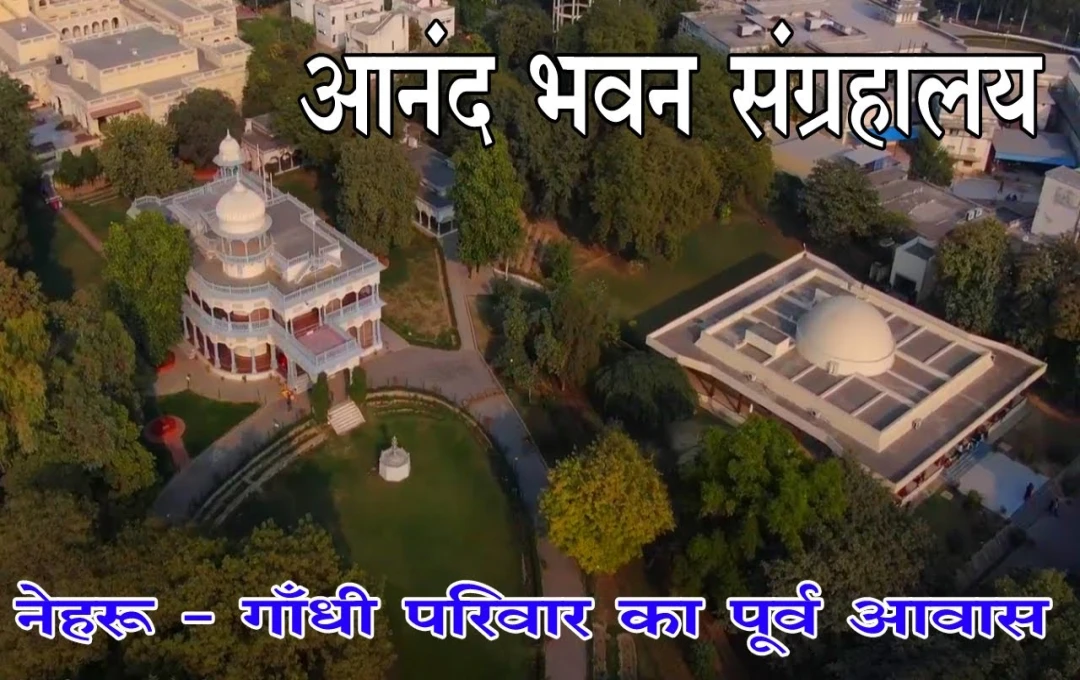The long-awaited Free Trade Agreement (FTA) between India and the United Kingdom has now received its final approval. The Union Cabinet has approved the deal, and the agreement will be formally signed in London on July 24. This agreement will take place during Prime Minister Narendra Modi's two-day visit to the UK. He will be accompanied by Union Minister of Commerce and Industry Piyush Goyal.
Agreement Reached After Several Rounds of Talks
Negotiations for this agreement between India and the UK have been ongoing for several years. There have been 14 rounds of talks between officials and ministers from both countries. Finally, on May 6, 2025, the completion of negotiations for this deal was announced. Now, it has also received the Cabinet's approval.
Exports from India Will Increase, Taxes Will Be Removed
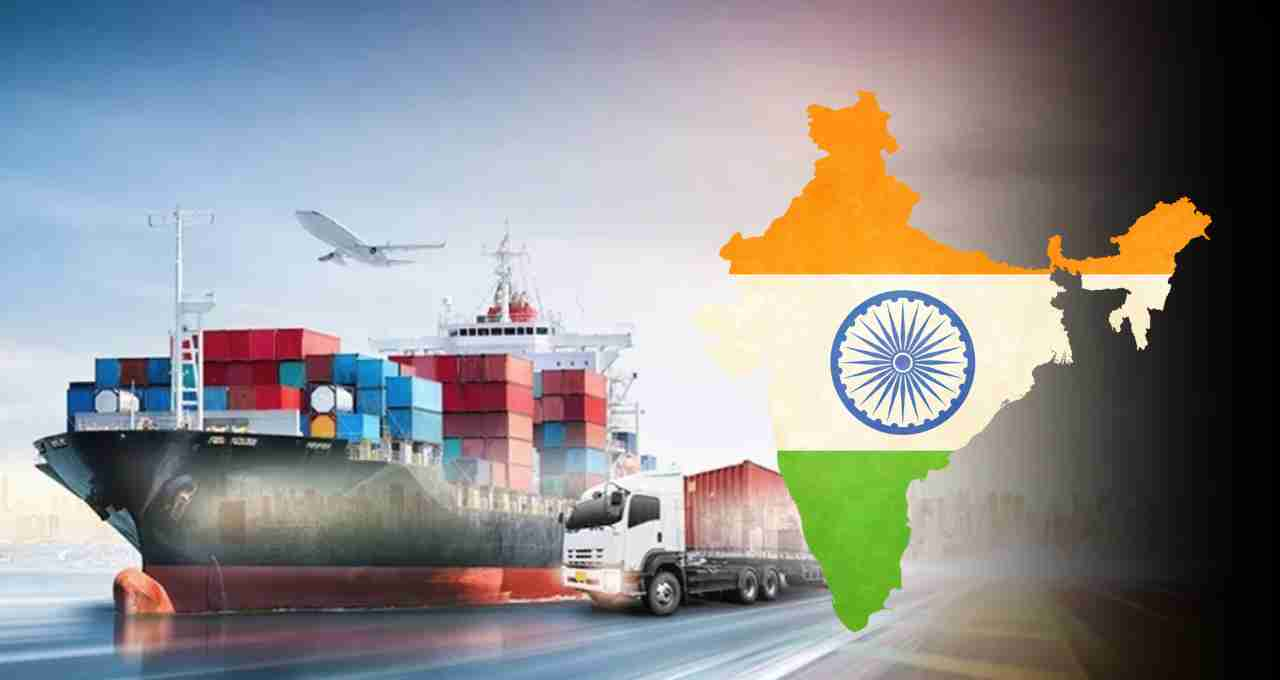
The biggest benefit of this FTA for India will be in the export of labor-intensive products. There will now be no tax on exports of products like textiles, leather, and footwear to the UK. This will give Indian companies a new edge in the European market, and their products will be able to be sold there at cheaper prices.
In particular, small and medium enterprises will benefit greatly from this agreement, which until now were unable to sell products in the UK or were falling behind in competition due to European taxes.
Imports from the UK Will Also Be Cheaper
On the other hand, there will be some specific changes in products imported from the UK to India. The Indian government has proposed reducing taxes on the import of British whisky and luxury cars in this deal. This could make British brands cheaper in India.
However, Foreign Secretary Vikram Misri clarified that a balanced approach has been adopted regarding all goods. Not many products have been kept out of the deal. This means that this deal is comprehensive, and both sides have taken care of each other's needs and demands.
Discussions on Energy Security Will Also Take Place
The Foreign Secretary also said that discussions on energy security between India and the UK will also take place during this visit. Recently, the European Union has imposed sanctions on Russian energy companies, which may affect India's energy supply. Gujarat's Vadinar Refinery, in which the Russian company Rosneft has a large stake, has also been included in these sanctions.
The Indian government has made it clear that the country's energy security is its top priority. The Foreign Secretary said, "We do not adopt double standards. We will do whatever is necessary. India's vision regarding the global energy market situation is very clear."
Enthusiasm from the UK Side As Well
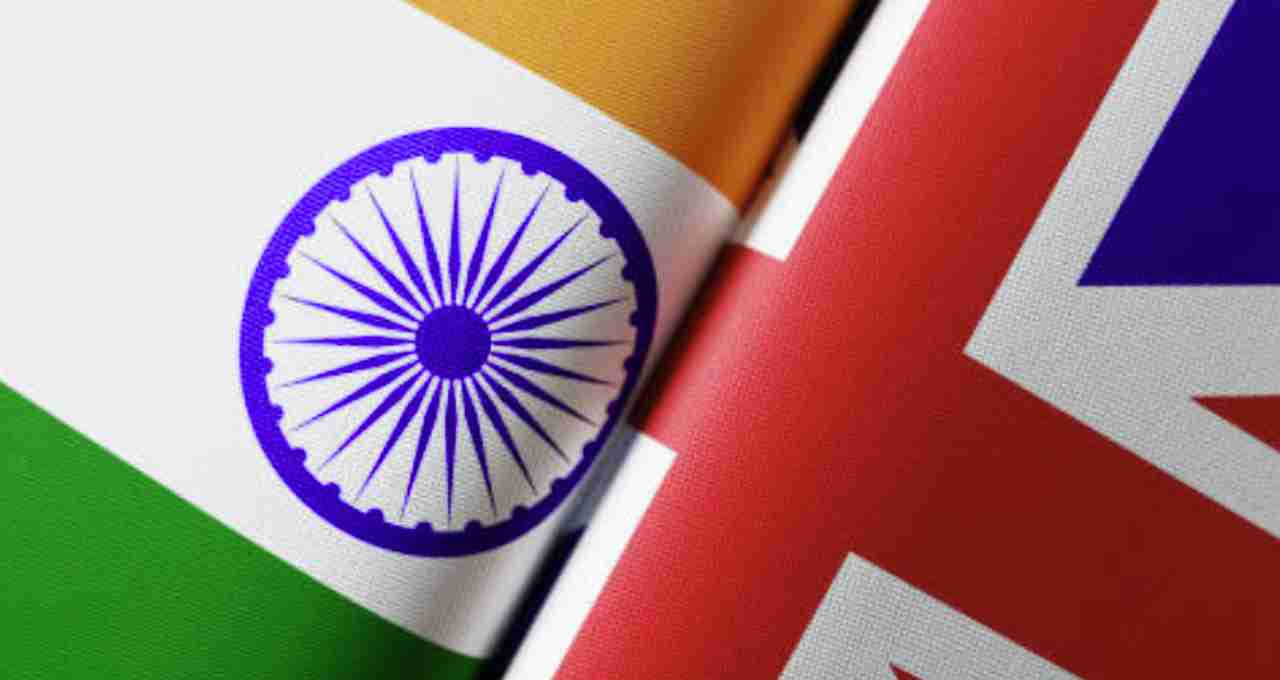
Considerable enthusiasm has also been seen from the UK government regarding this agreement. After Brexit, the UK is looking for major trading partners outside of Europe, and India has become an important market for it. British officials believe that this deal will open new avenues for investment and trade between the two countries.
Target of $120 Billion Trade by 2030
Through this agreement, both India and the UK are planning to double their bilateral trade in the next five years. Currently, the trade between the two countries is about $60 billion, which is targeted to reach $120 billion by 2030.
Experts believe that this deal will not only bring trade benefits to India, but will also strengthen economic ties with a developed country like the UK.
What Else Could Become Easier After the FTA
In addition to trade, this agreement also includes some proposals in the services sector. This will make it easier for Indian IT and consulting companies to provide services in the UK. At the same time, investment in the education sector may also increase with the cooperation of British universities and institutions in India.
In addition, the possibilities of partnerships in sectors such as startups, digital trade, technology, finance, and healthcare may also increase after this agreement.
